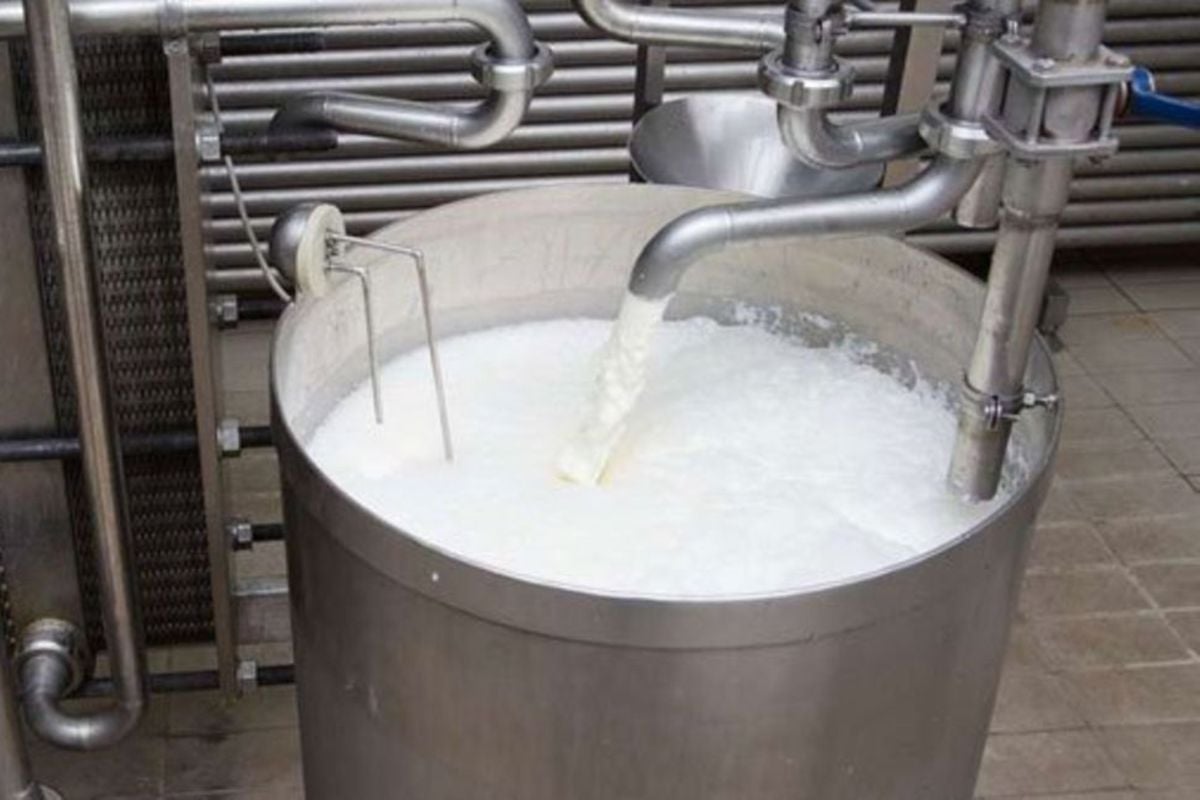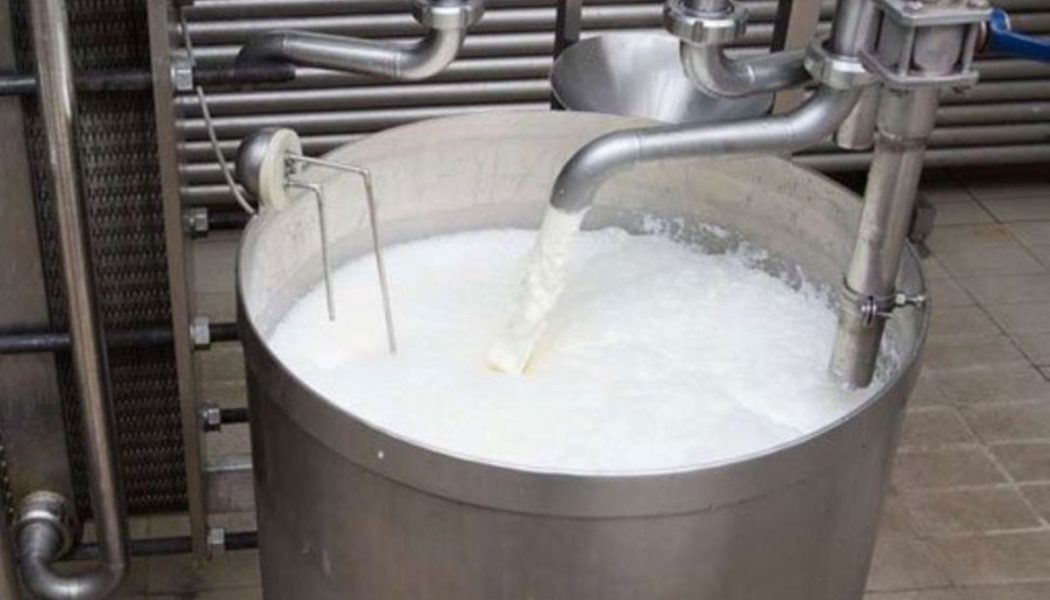
The volume of milk bought from dairy farmers by processing firms rose by 19.2 percent in the six months to June, new data shows, on significantly improved output of the commodity.
The increase in milk production was primarily driven by sufficient grazing pasture and fodder following above-normal rains received during the period and a slowdown in the cost of dairy inputs.
Data from the Kenya Dairy Board shows milk purchases by processors hit a record high of 437.7 million litres during the six months compared to 367.1 million litres during the same period in 2023.
The average price of 100 litres of milk hit Sh5,083 in 2023, marking a growth of 7.6 percent from Sh4,720 in the previous year, according to data from the Kenya National Bureau of Statistics (KNBS).
This marked a fifth consecutive year-on-year growth in milk prices. The last time prices of the drink recorded a drop was in 2019 when the price was Sh3,000 for 100 litres down from Sh3,530 in 2018.
The Board had licensed some 334 milk producers and coolers in the country as of last year.
A previous market analysis by the Competition Authority of Kenya showed that privately owned Brookside Dairy Limited is Kenya’s largest milk company controlling a market share of 40 percent.
The State-owned New Kenya Cooperative Creameries controls an estimated 25 percent share while Sameer Agriculture and Livestock controls 14 percent of the market.
Other top processors in the country are Githunguri Dairy Cooperative (12 percent), Pascha-Uplands Premium Dairies and Food (1.7 percent), Musty Distribution (3 percent), Doodla Dairy Kenya (0.9 percent) while others have a 3.4 percent market share.
But despite the increasing production, demand has continued to outstrip supply. This means the country is increasingly relying on imports – particularly from Uganda – to meet the demand for processed milk and milk products such as ghee, cheese, butter, and yoghurt.









